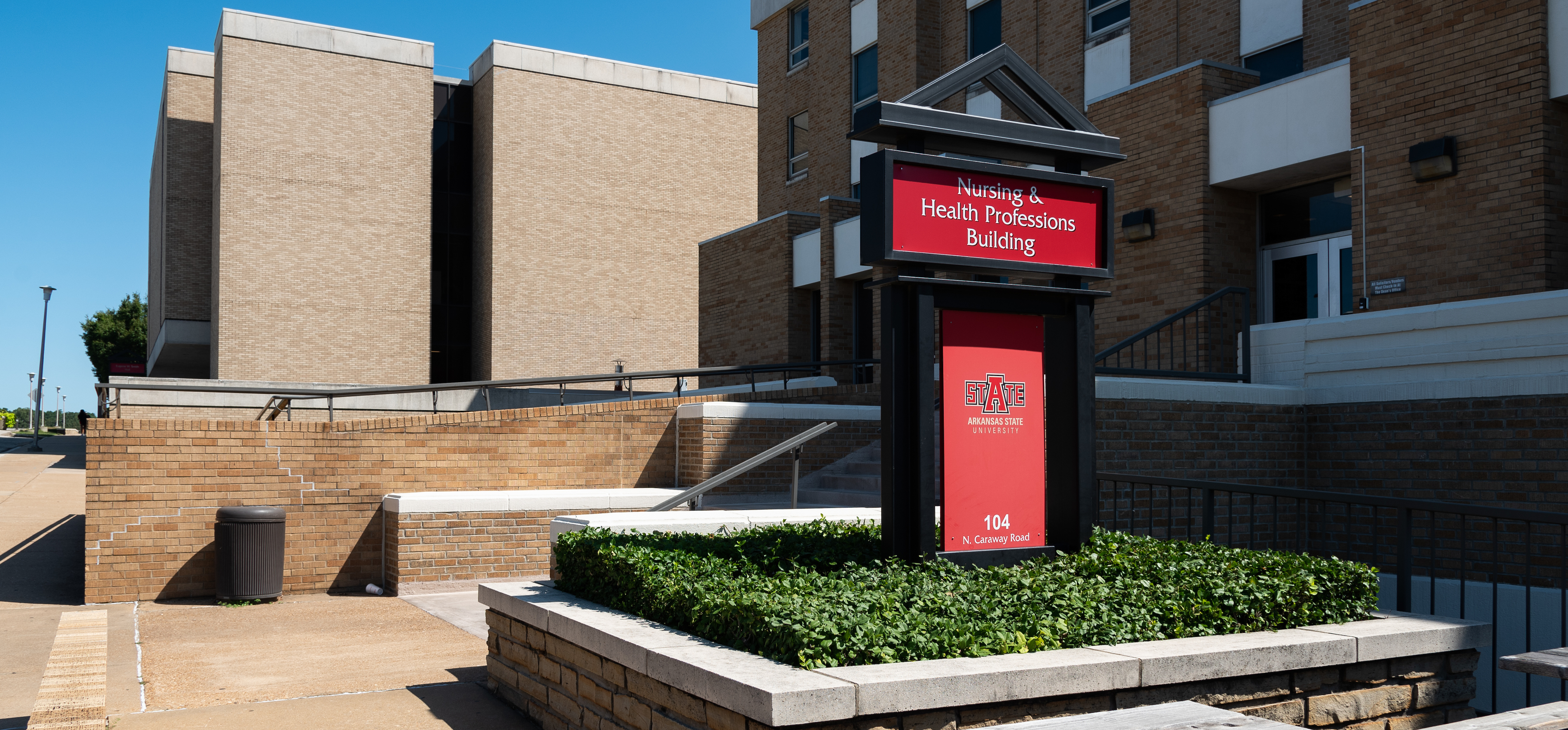Degree Name
Nursing Practice, DNP
Publication Date
7-30-2024
Upload Date
2024
First Advisor
Linda Latting
Second Advisor
Sylette Debois
Abstract
Nurse practitioners (NPs) face barriers to being innovative in healthcare because of a need for more resources, education, and cultural inclusion compared to physicians and researchers (Joseph et al., 2019). NPs are often disregarded from involvement in the innovation ecosystem and seen as solely end-users of new products and services (Davis & Glasgow, 2020). This Doctor of Nursing Practice project aimed to assess the impact of a 5-week innovation and intrapreneurship course on NPs' perceptions of their ability to innovate at a Midwest academic hospital. The aim was to address the known innovation education gap that NPs rarely receive. Using a quasi-experimental pre-post design, the project implemented Rogers' Diffusion of Innovation Theory to guide the project (Balas & Chapman, 2018). Twenty-six NPs completed the course and pre/post surveys using the validated Individual Innovativeness Scale (IIS) (Hurt et al., 1977). Results showed a statistically significant increase in mean IIS scores from 74.90 (Early Adopters) to 84.06 (Innovators) (p< 0.001), illustrating an improvement in innovation readiness. NP participants transitioned from primarily Early Adopters (46%) to Innovators (65%) post-course. These findings reveal that innovation education can improve NPs' perceived innovation ability. This project provides a framework for nursing leadership to follow to improve nursing involvement in innovation, aligning with Magnet Recognition Program standards for certification (ANCC, 2017).
Rights Management

This work is licensed under a Creative Commons Attribution-NonCommercial 4.0 International License
Recommended Citation
Thorn, Michael, "Quality Improvement Project: Evaluating the Impact of an Intrapreneurial Skill Enhancement Program on Enhancing Innovation Perspectives and Overcoming Obstacles Among Nurse Practitioners at a Midwestern Academic Medical Center" (2024). Doctor of Nursing Practice Projects. 94.
https://arch.astate.edu/dnp-projects/94


